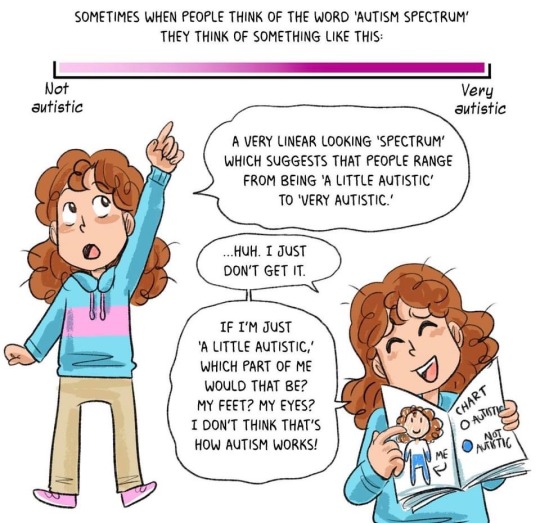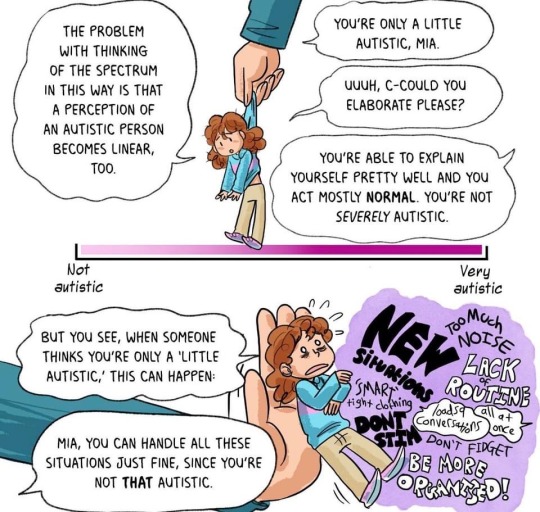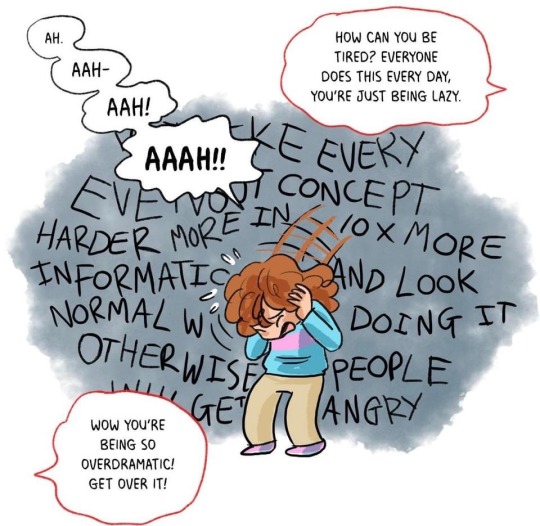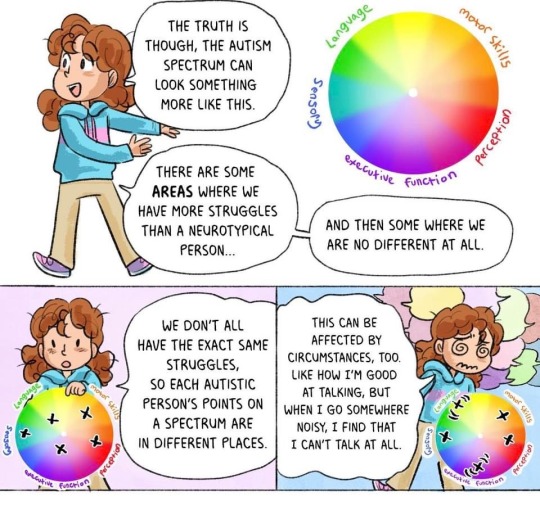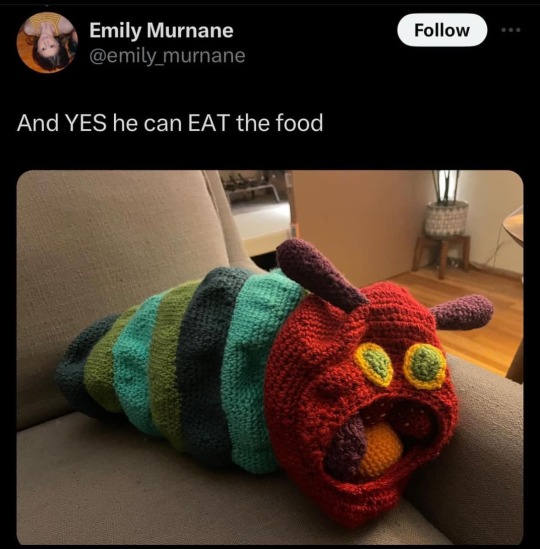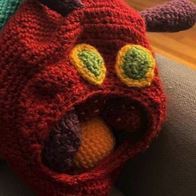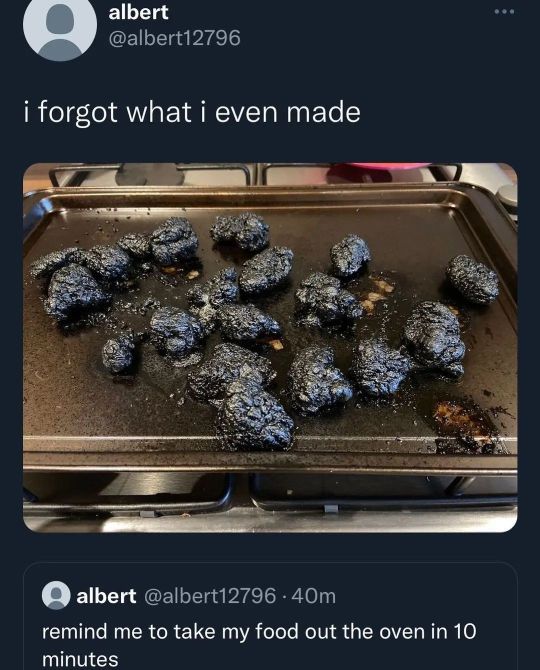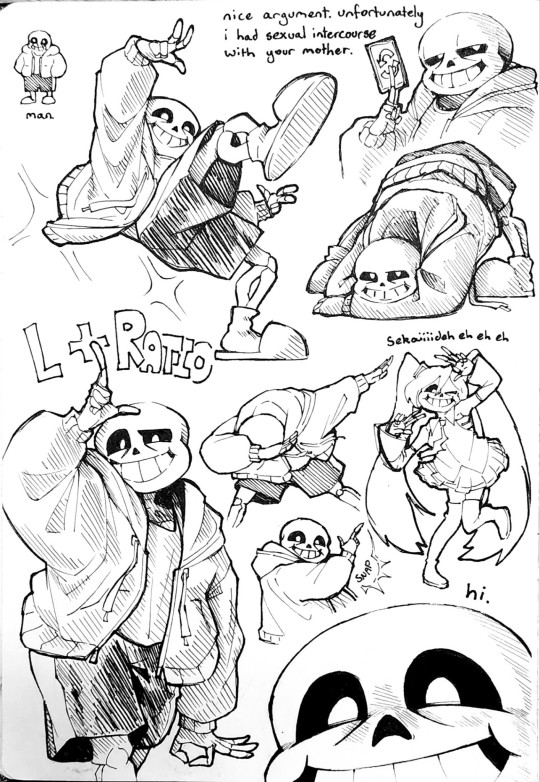Artist, musician, singer and chef || +18 || Profesional dumbass and procrastinator || 🏳️🌈🏳️⚧️ || AuDHD
Don't wanna be here? Send us removal request.
Text
Art Commissions open!
I have a huge financial goal, and I genuinely would appreciate EVERY help and support I could get!
Opening up comms cause I'm going to do a shit ton of saving for college in and out of state most of all
If you donate even the smallest amount for no art or even a simple doodle that would be EXTREMELY appreciated!
This time, my Art Comms menu is:
Portraits!
• • •
Full portrait:
* COLOR:
* Full: $40 USD
* Flat: $30 USD
* GRAYSCALE: $30 USD
Bust portrait:
* COLOR:
* Full: $20 USD
* Flat: $15 USD
* GRAYSCALE: $15 USD
(PFP model: $2 USD off any option from above)
Head shot:
* COLOR:
* Full: $15 USD
* Flat: $10 USD
* GRAYSCALE: $10 USD
(PFP model: $1.5 USD off any option from above)
NOTE: I only accept Cashapp! If you do not have it, I can not sadly take your commission, I hope you understand.
Other contacts:
DISCORD: .wilting_clover.
INSTAGRAM: eli_elie000
SNAPCHAT: elie.003
TUMBLR: eli-floofsys
TWITTER / X: Wilting_Clover0
#drawing#eli's doodles#anime#artwork#aaaaaa#art commissions#art comms open#art commission info#goals#artists on tumblr#fyp#fypツ#advertising#I have a big goal#for college#and in the name of LOVE#but mostly college#haha i really went brr over time lol
0 notes
Text

3 notes
·
View notes
Text
I know what I know, and when I know, I know. If I don't know what I don't know, then I don't know.
Only will I know what I don't know, when I learn; and hence then, I will know.
#haha i really went brr over time lol#eli going brr#random shower thoughts#random quotes#quotes#I got a bit too philosophical#trying to read this made me have a bit of a sgroke#sned help#on another note- reading it out loud makes more sense???#How??? I DON'T KNOW?#???
0 notes
Text
Art Comms are officially open!
I'm doing art comms due to having to urgently save up money for personal reasons I can not really discuss.
These sheets are outdated, but in use temporarily as I make new sheets.
Please, please, PLEASE DM me if anyone is interested in a commission, I would absolutely appreciate the support right now as I am having a bit of a hard time.
I accept CashApp only for now. If you have any questions or concerns, please DM me on Discord for more info!
Thanks! ♡
Discord: .wilting_clover.

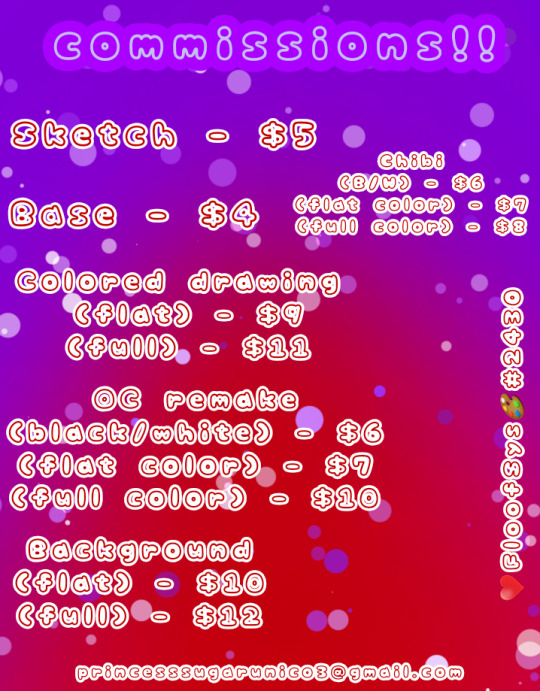
17 notes
·
View notes
Text
Hello!!!
Heya! Long time since I last posted anything lol
Life has been moving on at a steady yet wonky pace as usual, but I'm still treading on slowly but surely.
I'm graduating soon, and I'm very excited about that! I can't wait to finally finish highschool and get my diploma.
And despite the rough starts in my high school years as a failing student, I nearly lost hope and even contemplated dropping out. But then I was given an amazing opportunity to redeem myself, and I'm very close to achieving success!
And so, today I was feeling down, sad even. Decided to take a walk around the neighborhood park. Swinged around with the swings because one is never too old to swing on the swing sets. And then I found a Clover patch.
I've been depressed since last year's mid-fall through winter and even now, the beginning of spring. I started to lose hope in even graduating, and I lost most of my faith in myself. Just out of curiosity, I started to look into the patch. To my amusement, I found a clover. Not just any clover, a four-leaf clover. It's not the only one I found, I found several others. And it isn't the first time I've found several.
Perhaps people consider me lucky just for finding several four-leaf clovers in one day, but I don't let symbolic figures nor objects define fortune. I'm not lucky to find clovers, I've always been lucky. And even if I've hit really "unlucky" situations, that was only temporary.
Perhaps I may be a fool,
Maybe I am a happy-go-lucky person
But I know I'm lucky enough to even be alive
Humor this, I won that sperm race for a reason haha
And so have you, viewer
Maybe life is extremely shitty
But perhaps it ain't all that there is
Sometimes, when you're feeling down, you just gotta take a breather and go outside.
Touch grass if you must
Go under a tree and stare up at the leaves jn the sunlight
Focus on the colors and how the light and leaves sway in the wind,
Look up at the stars in a night sky or enjoy the melancholy of a rainy day
I would say a whole lot more, but this is already a very long post aha!
But hey, I'm lucky and you're also lucky
Don't forget that, aight?

#haha i really went brr over time lol#eli going brr#four leaf clover#photography#photo#clovers#lucky#I edited this post because it is not an art dump lol#my bad
0 notes
Text
"What words are there to describe the situation when I suddenly can't speak anymore?" - Masterlist
If you suddenly can't speak/struggle to speak:
losing words
losing speech/speech loss
no mouth words
out of words
speech loss episode
situational speech loss
going/being silent
becoming/being unspeaking
verbal shutdown
verbal crash
low/weak verbality
Coined by @witchy-fennec :
demi-verbal:
Handle with care (because it can be misunderstood easily as it reminds of selective mutism, which under no circumstances should be mixed up):
autistic mutism
Some general words:
low words
no words
speech averse
voice averse
speech pause
being/becoming voiceless
being tight-lipped/tongue-tied/close-mouthed
being verbally uncommunicative
being untalkative
being tacit/taciturn
If you want to express that you only use nonverbal communication to communicate:
communicating nonverbally/using nonverbal communication - NOT being nonverbal, that doesn't refer to you using nonverbal communication and is something else entirely ☝🏼
If you want to express that internally you're really struggling with speech atm, but you're able to force yourself to speak:
masked-verbal
If you can't speak anymore and can't make sense of language anymore simultaneously:
losing language
If you could speak theoretically, but simply choose not to do so (or to speak less):
word resting (for example if you want to save energy)
choice verbal
on vocal rest (well-known, likely won't raise further questions)
Words by @carpsstuff :
despeechify - when verbal communication begins to slow or shut down. example: i’m about to despeechify, can you hand me my tablet so i can use my app?
larynx laziness - you want to speak, but for whatever reason but at that moment you cannot. example: i am feeling some hardcore larynx laziness, because i really want to use my voice but ugh! i just can’t!
talk tired - being temporarily unable to use verbal communication due to physical, mental, or emotional exhaustion. example: i am so talktired right now, it’s making it hard to speak.
untalkable - being unable to speak in that moment for an indeterminate amount of time due to neurodivergence. example: i am pretty untalkable right now, so i’m using pen and paper to communicate.
voicebox variable - your level of speech capability varies from time to time. example: i am voicebox variable.
wonky worded - saying things like up when you mean down, or left when you mean right, or yes when you mean no, like your words are getting mixed up somewhere along the way from your brain to your mouth. example: i am seriously wonky worded right now, everything is coming out of my mouth all wrong.
Some newly coined terms I find really cool by @archival-arrival , might especially be interesting for those who aren't autistic (definition in the linked post):
nullvox
tacevox/tacetvox
siovox
siofoni
ochifoni/chorisfoni
ochilogia/chorislogia
pagofoni
pagolexei/pagologia
3K notes
·
View notes
Text
Angel of Spring's Milk
So, I found an Asian yogurt drink bottle I saved from not that long ago (it's glass), and it has a nipple for the babies (babies can also drink it). And despite my adult ass being well, an adult, I grew curious.
There is a drink called Angel Milk, which consists of sugar, milk and vanilla, right?
But I craved matcha milk tea
But I have nowhere to get some
So, I did a thing.
I want to share this recipe with everyone who is a fan of milk tea (those who like the matcha/green tea flavor mostly)
And yes, I did serve myself the milk in the "baby" bottle because I'm bored and I have not much to say about it
So, let's get started:
The Recipe:
INGREDIENTS:
• Milk [1/4 A CUP OR 1/2 CUP] (any kind is fine, I recommend less thicker milks like normal milk/lactose-free milk or oat milk. I used oat milk in this recipe)
• Sugar [TO YOUR LIKING] (raw cane sugar is a good option and it was my option too)
• Vanilla Extract [1 1/2 TSP]
• (Instant) Matcha powder [1/2 TBSP OR TO YOUR LIKING]
WHAT YOU NEED:
• 8/12 oz cup or a bottle with a lid (lid preferred for this)
• A spoon
• somewhere to warm the drink up (microwave or stovetop)
• Sauce pan (if you are doing it on the stove)
• A large microwaveable mug (if heating it in the microwave)
The process:
1. To a large cup or bottle, add your sugar and matcha to measure, mix the dries together well. If the matcha is clumpy, that's okay. You can unclump it by breaking it apart or leaving it as it is.
2. Add your dash of vanilla and give it a little shake. That way, the sugar and matcha can seep the flavors into it a bit.
3. Measure out your milk into the cup and make sure it does not overfill. You'll need a good third or so of space to be able to mix it [or shake the bottle] to mix it well.
4. (MICROWAVE OPTION) Pour the drink into a large mug and place it in the microwave with a good-sized paper towel under it to prevent it from over spilling. Microwave it for 30 seconds, depending on the microwave power. After it's lukewarm but not hot, stir it throughly and then microwave it for another 30 seconds. Stir well, and check to see if it's warm but not hot.
4. (STOVE TOP OPTION) Pour the drink into a small sauce pan, set the heat to medium-low. Let the milk warm up and stir occasionally. Do not let it boil or get too hot.
5. Pour the drink into the designated cup/bottle to serve. If it is too hot, let it cool until a desired temperature is achieved.
6. Taste test and add more milk or sugar to adjust to your likings
7. Enjoy!
I don't know if there is already a recipe like this one or similar, but I just want to share it anyways as it's actually really good! And it reminds me of matcha milk tea!
A good drink to have when you crave matcha milk tea
Or anything else, really!
I hope you guys enjoy this little thing I made and that it comes out good!
Please tell me what you think of it if you do follow this recipe! ✨️
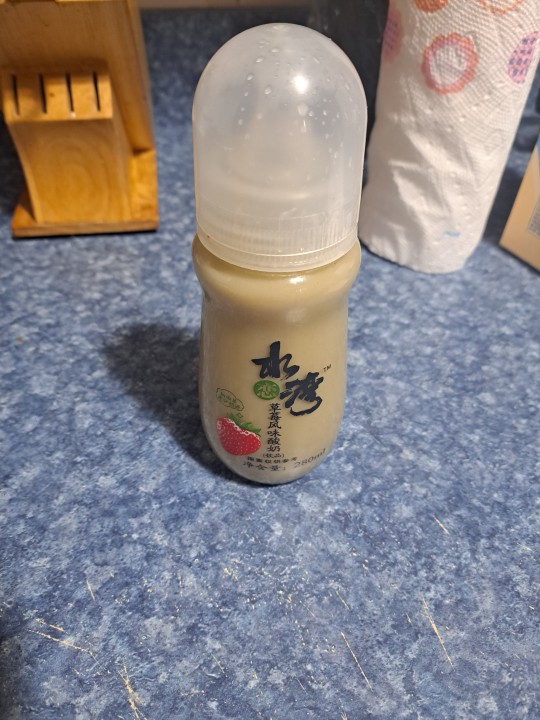
#eli going brr#aaaaaa#haha i really went brr over time lol#eli recipies#milk tea#matcha#angel milk#drinks#recipes#comfort#comfort drink#this is actually crazy#its actually really good#the flavors are soft and yummy#the baby bottle makes it hilarious tho#homemade#food
2 notes
·
View notes
Text
remember to switch this on

^^^
I didn't have the option through mobile but if you go through your desktop settings, under visibility there is a toggle to switch so your work is not used in training AI, it's off by default (go figure lol)
3K notes
·
View notes
Text
The Art of Improvement
(2015/2016 - 2024 [PRESENT])
If you think your art is NOT GOOD enough, that is the biggest lie of all. "Bad art" is not real, nor is it bad at all. If you just started out drawing, don't give up! Keep drawing for as much as you can! It may seem "bad" at first, but hey, those are just the first few trials in art! Persistence, patience, dedication, creativity, imagination, and determination are some of the things one can have to do anything. Don't simply give up on the first few tries. Keep it going! One doesn't learn how to walk on the first try, you fall down, and then you get back up again! Right?
No one is born knowing how to do anything. We grow and learn how to do things. That's how life is!
"If every porkchop were perfect, we wouldn't have hotdogs!" - Greg Universe (Steven Universe)
Without trial and error, nothing would improve
Without time and dedication, nothing would be done well
Without persistence and determination, nothing would be done
Don't give up on something you would love. This doesn't only go for art. This goes to EVERYTHING and EVERYONE. Keep it going until you are comfortable. Keep it going until you see how much you've grown. Perfection doesn't exist; "practice makes perfect" that is absolutely FALSE. Practice makes improvement. Improvement leads to happiness and comfort.
Believe in yourself, and believe in your potential! We can do (almost) anything if we put our mind, heart and dedication into it!
I've been drawing ever since I was a mere toddler, yet I started to truly dedicate myself to actually drawing art. In the form of anime (born and grew up with anime), of course. And guess what? I developed my own style and such! Since I was in 5th grade, I started drawing anime nonstop. Now, I am an adult still drawing anime nonstop. It's not a matter of the time I took to learn and draw. It's the fact I AM LEARNING to draw, and I am still going. I am improving. It's not perfecting. I am also learning to play several (about seven) instruments, I am also learning to sing properly, I am learning how to cook, I am learning many, many different things, and I am dedicating myself to it! Because I want to learn, I want to improve, and I want to show the world patience and persistence is more than enough to prove it.
As my motto goes,
"Never give up, never go down."
Let your creativity go wild! Let's see where it leads you!
And remember, keep it going!

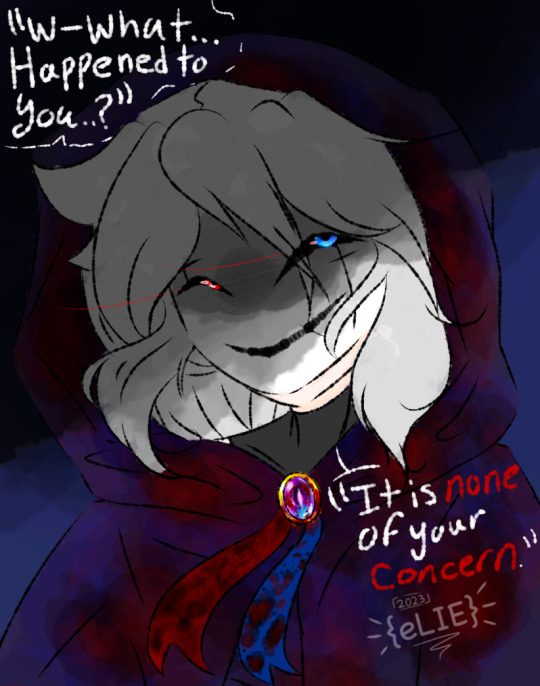
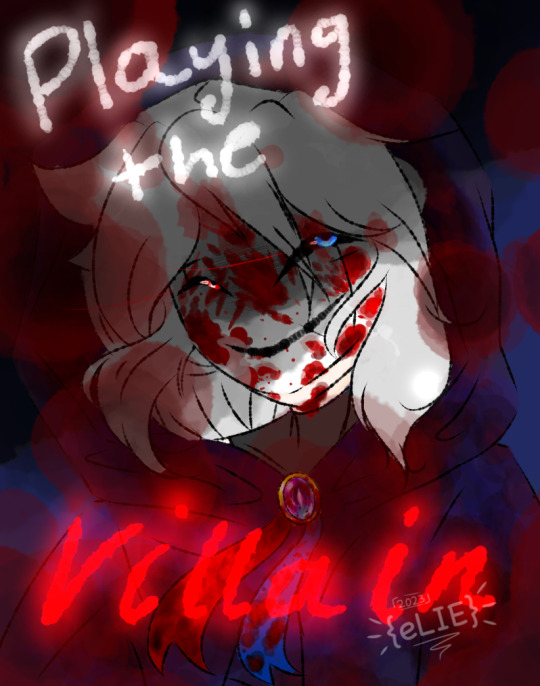
#eli going brr#spread the word#drawing#eli's doodles#anime#art go brrr#art improvement#self improvement#inspiration#dedication#artwork#my art#haha i really went brr over time lol
0 notes
Text
Poetry Website AD
Do you like random poetry that slides from dark poetry to lighthearted squishy love poems?
Do you like reading about how one can go insane just contemplating about their mere existence in this tiny planet in the middle if somewhere in this endless void?
Do you like poetry in general?
WELP!
I have JUST the website for you!
Created by a person with an awareness and consciousness so large and vast, it comes off as insanity, a genius born from the world in which we live, a place full of TRUTHS and LIES.
A world painted in black and white;
Day and night, it's all the same!
But in this hidden little realm,
A world created to become the Absolute Neutral point,
We proceed to fall into a place
In which we call the Gray Void.
Come on in and watch the show!
A place where insanity, fun and borderline obsession comes to meet a place full of questions and answers!
It's not only about poetry, but other silly things, too, original like song lyrics, random pages full of nothing but frustrated screaming, a very wacky recipe and more!
Come on a join, and if you do,
Welcome to the Gray Void!
Poetry, songs and more!
https://rentry.co/eLIE000
(This link is safe. It leads to a Rentry.co page, which is a markdown paste bin website)
Well!
That's all in for eLIE's Ad they requested me to pop in on my Tumblr lol
Enjoy! :D
#haha i really went brr over time lol#Eli going brr#aaaaaa#eLIE000#eLIE#rentry.co#poetry#writers and poets#website#advertising#i think i need a nap#Im a bit tired lol#Can we get a million views on this website?#spread the word#GrayVoid
1 note
·
View note
Note
*Boop*
I see you in my notifications. I hope you are well, little one. 💕
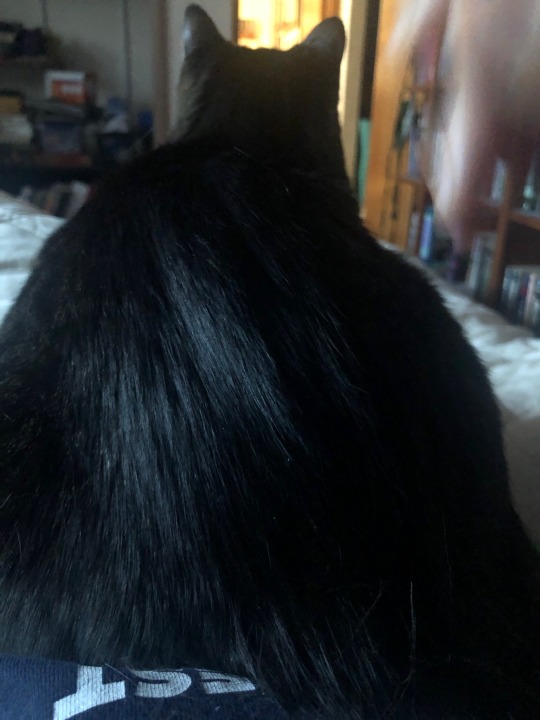
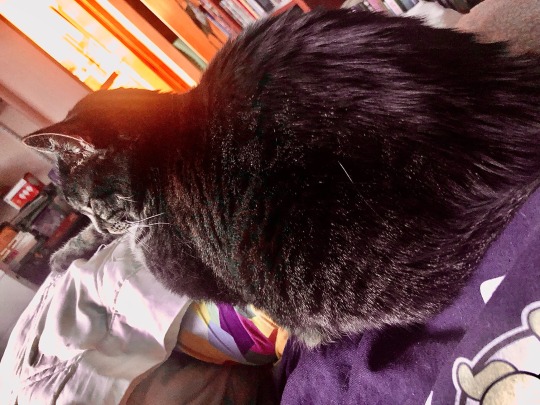
I offer special Lister pics from yesterday evening.
And! Considering our convo from a couple days ago, I thought you’d appreciate this lil blurb I found.
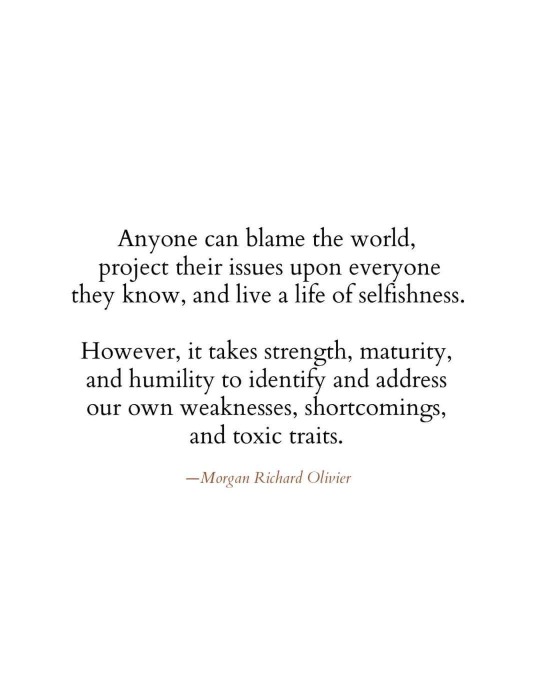
Have a good day! ❣️Oh and I almost forgot-
*Floofs the floof* there heheh 💕❣️
JSHDJAJWJDJ
HI HEY HENLO!
EEE
And Oohh
That Is very inspiring and thoughtful :0
I likey :D
ALSO LISTERRRR ♡♡♡♡
BBY ♡♡♡
*happy floof squeal* ♡♡♡♡
#aaaaaa#GRAFFIE-SAAAAANNN#I MISS YOU QWQ#This break is going brr /lh /pos#boredom is killing me#send help lol#Eli going brr
8 notes
·
View notes
Text


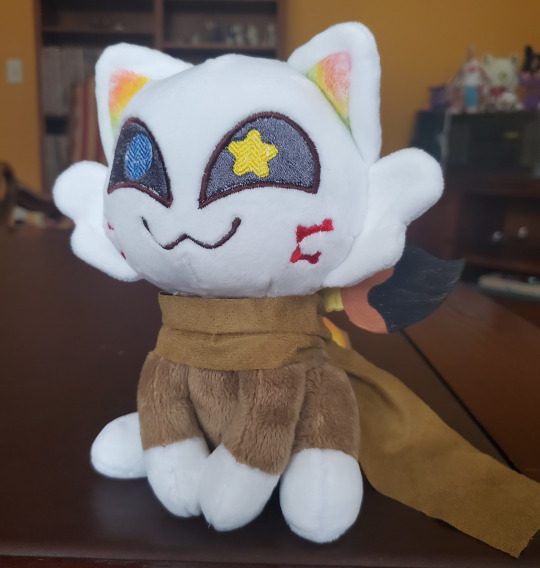
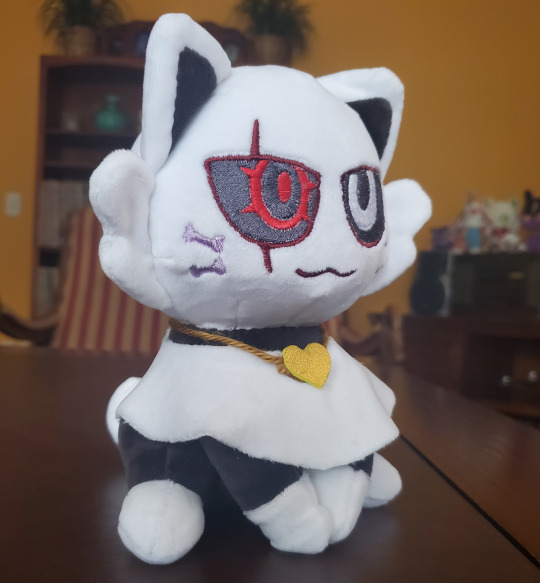

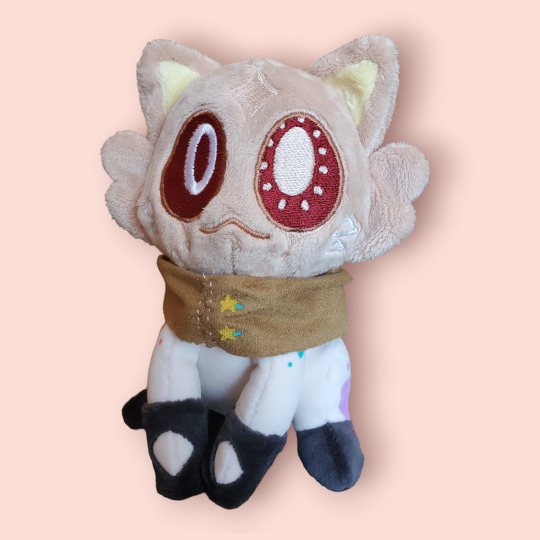
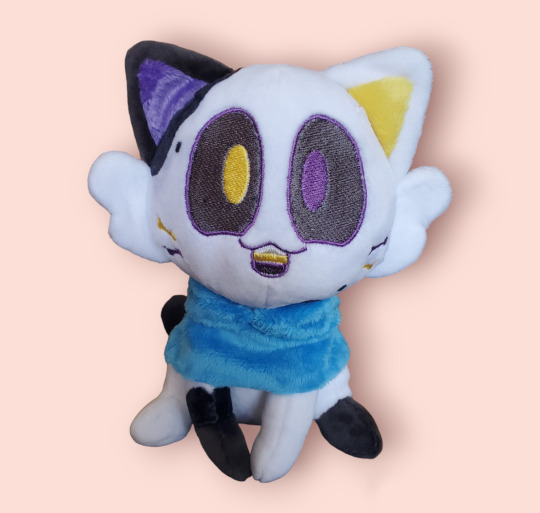
All of the different commissions I did for the KS~ I worked super hard to get them all done and I'm thrilled with how they turned out~
2K notes
·
View notes
Photo


16th century ring that unfolds into an astronomical sphere
100K notes
·
View notes

